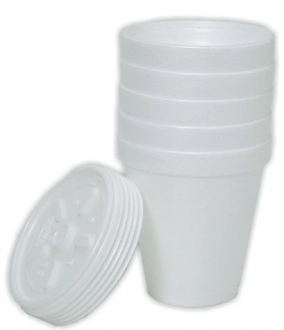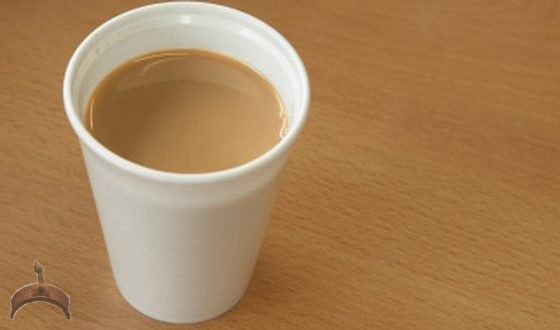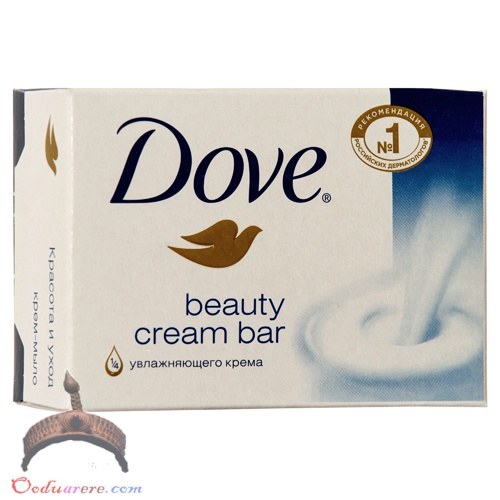By Kayode Ojewale
MANY Nigerians did not understand the message of the immediate past Agriculture Minister, Audu Ogbeh when some time ago he warned his compatriots against the use of cellophane in their food regime. He was speaking from a scientifically informed position we should align with for the good health of society.
The former minister raised an alarm that Nigerians who are eating beans pudding(‘moin-moin’) cooked in cellophane(nylon) bags risk serious health challenge as the product is poisonous. According to him, cellophane bags contain large doses of dioxin that are harmful to health. Let me also add that liquid milk tin is also dangerous for packaging Moin moin when cooking as leaching of chemical from the milk tin into the content will still occur.
The healthy alternative for packaging or wrapping moin moin when steaming is the use of local green leaves which do not contain poisonous substances. These leaves rather add flavour, antioxidants and aroma to the Moin moin. Plastics, no doubt, have become a part of our daily lives, especially in the kitchen. The role of plastics as packaging and storage containers for our food cannot be overemphasized. Plastics are light-weight, readily available and cheap, hence their heavy demand in the kitchen.
Plastics like PET bottles also become handy for packaging water in various sizes. Cooking oil is also packaged in plastic kegs, jerry cans and bottles of different sizes. Some electric jugs, insulated food warmers, food flasks, food serving spoons (for staple and swallow foods) – spatula and ladle for soup, sieve and many other kitchen utensils are made of plastics. Plastics can, however, be hazardous to human lives depending on the plastic type, how it is used and what it is used for.
Sadly, we hardly can do without plastics in our food chain – from production, preparation, processing up to packaging, plastics are involved. In addition, storage and reheating of leftover foods are done mostly in plastic containers. Findings have also revealed that almost all plastic packaging materials used for food contain substances that can leach into the food.
Leaching, in this context, is the release of harmful chemicals from plastics or cellophane (nylon) bags into the contents it carries, be it food or liquid when heated. On the basis of recycling symbol or code, plastics can be grouped into seven. It is also on this basis that plastics are regarded as harmful or safe and eco-friendly.
You may not have noticed this – every plastic bottle or container has a recycling symbol. A symbol is a number which ranges from one to seven and written in a triangle drawn with a chasing arrow symbol. Just look at the bottom of any plastic product, imprinted somewhere on the underside is a number inscribed in the arrow-chasing triangle and with acronym or symbol just below the triangle.
Plastic products labelled code #1 stands for PET (Polyethylene terephthalate); code #2, HDPE (High-density Polyethylene); code #3, PVC (Polyvinyl Chloride); code #4, LDPE (Low-density Polyethylene); code #5, PP (Polypropylene); code #6, PS (Polystyrene) and code #7, PC (Polycarbonates). Food safety experts and toxicologists say plastic products with recycling codes #3, #6 and #7 are toxic and should be avoided, particularly if using them for food and drinks because they leach harmful chemicals.
Some experts have argued that plastics labelled code #1 are not safe because they leach antimony trioxide (a possible carcinogen) when heated, while others believe PET bottles are safe. Other plastics with recycle codes #2, #4 and #5 are likely to be free of Bisphenol A (BPA), phthalates and other dangerous chemicals of concern.
The consumption of sachet and bottled water exposed to sunlight with temperature over 28 degrees Celcius is hazardous and can damage the immune system, lead to failure of the kidney and liver. In order to live and lead a healthy life, avoid eating hot food from plastics.
Also remember to use plastics with recycling codes #1, #2, #4 and #5 only for food and drinks purposes, while plastics with codes #3, #6 and #7 should be avoided when it comes to food. However, to play safe and be extra cautious, avoid taking hot food from any plastic irrespective of the recycling code under it. Those in the habit of buying food in cellophane bags and then eating from it should desist from such practices as large doses of dioxin enter the body through the food. Same is also applicable to people who buy and drink freshly prepared hot antimalarial herbal concoction (agboiba) from roadside sellers inside nylons or plastic cups.

Taking hot coffee or water from styrofoam (disposable) cups are similar as well. To ensure an all-around awareness at all levels for rural and city dwellers, the government should sensitise its citizens on the harmful consequences of plastic toxins when leached out into our food and water after exposure to heat. When citizens are well educated and informed on plastic toxins, they will make healthy and informed decisions.
 Ọmọ Oòduà Naija Gist | News From Nigeria | Entertainment gist Nigeria|Networking|News.. Visit for Nigeria breaking news , Nigerian Movies , Naija music , Jobs In Nigeria , Naija News , Nollywood, Gist and more
Ọmọ Oòduà Naija Gist | News From Nigeria | Entertainment gist Nigeria|Networking|News.. Visit for Nigeria breaking news , Nigerian Movies , Naija music , Jobs In Nigeria , Naija News , Nollywood, Gist and more









